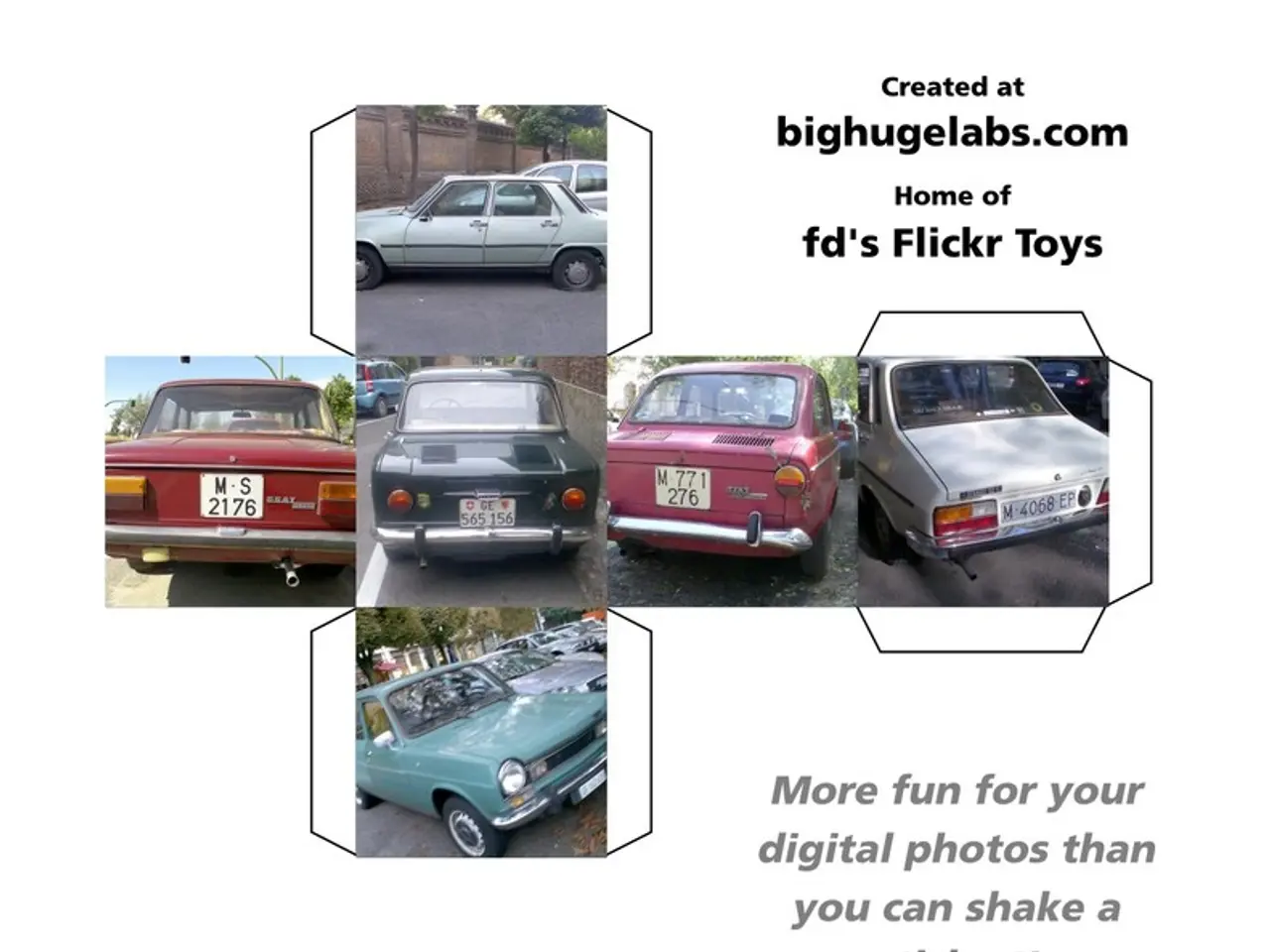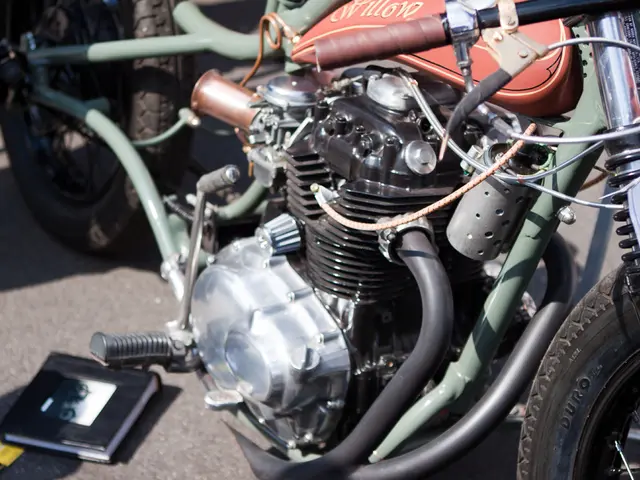Toyota and BMW to collaborate in the development and sharing of hydrogen fuel cell technology
Toyota Motor Corp. and BMW Group have joined forces to develop a third-generation hydrogen-powered, fuel cell system. This collaboration aims to provide customers with additional fuel cell electric vehicle (FCEV) options and drive down costs of fuel cell powertrain units.
The partnership between the two automakers, both sharing a passion for cars and belief in 'technology openness' and a 'multi-pathway' approach to carbon neutrality, is a significant step towards the widespread adoption of FCEVs.
Toyota, an early pioneer in the development of fuel cell technology, currently offers the Mirai FCEV to customers in California. The rollout of new FCEVs is expected to increase demand for these vehicles, which accounted for just a fraction of all vehicles sold in the U.S. over the past decade.
BMW plans to launch its first mass-produced FCEV in 2028, using the fuel cell system developed in partnership with Toyota. The hydrogen-powered BMW model will retain its unique brand identity and characteristics, as will the Toyota models.
Alongside Toyota and BMW, Honda also plans to launch new FCEVs. Honda announced leasing options and pricing for its new 2025 CR-V fuel cell electric vehicle, offering up to a $30,000 credit to help offset the costs of hydrogen refilling.
The collaboration between the automakers also extends to working closely with hydrogen producers, distributors, and refueling facilities to ensure a stable supply is available for future customers. The rollout of new FCEVs will require greater access to hydrogen refueling infrastructure.
Toyota President Koji Sato believes that fuel cell technology could be part of a multi-pathway approach to reducing CO2 emissions. Both automakers plan to offer customers a variety of powertrain options in addition to FCEVs.
As of June 30, the cumulative number of FCEVs sold or leased since January 2012 was 18,279, according to the Hydrogen Fuel Cell Partnership. Bosch, Daimler Truck together with Volvo (through the joint venture Cellcentric), and BMW are also working on the development of third-generation hydrogen fuel cell systems. BMW is the first premium manufacturer to produce such a system in series starting in 2028 at its Steyr plant.
In conclusion, the collaboration between Toyota and BMW marks a significant step towards the widespread adoption of FCEVs. With the development of third-generation hydrogen fuel cell systems, the cost of FCEV powertrain units is expected to decrease, making these vehicles more accessible to a wider audience. The partnership also aims to ensure a stable supply of hydrogen for future customers, paving the way for a greener future.
Read also:
- Tesla is reportedly staying away from the solid-state battery trend, as suggested by indications from CATL and Panasonic.
- UK automaker, Jaguar Land Rover, to commit £500 million for electric vehicle manufacturing in Merseyside
- Tesla's 37th week update: Stock remains steady, potential successor for Musk, unveiling of new megapack, fuel reveal delayed until IAA event
- Lieutenant Governor Kounalakis joins SoCalGas in unveiling the novel H2 Hydrogen Innovation Experience, a one-of-a-kind demonstration.






